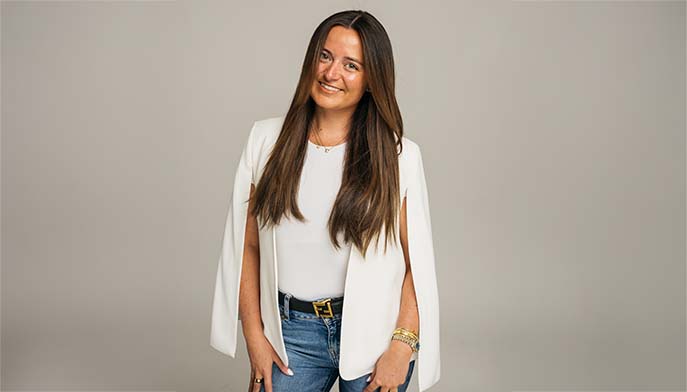Fairfield News
Fairfield News in Your Inbox
Questions for Us?
Contact our Public Relations Team

Emojis may be seen as fun and colorful, but they’ve become a serious tool in consumer marketing strategy. New research by a Fairfield Dolan professor of marketing explores how a deep understanding of emojis—and their varying interpretations across generations—can significantly impact marketing effectiveness.
I went straight into Covid out of college. I more or less had to learn to leverage social media because all contact with prospective clients was now virtual. I had to learn on the fly.”

Contact our Public Relations Team
